New Zealand King Salmon is proud to be among 10 leading New Zealand businesses backing a diagnostic study to develop long-term viable solutions and alternatives to plastic packaging.
As a partner in the New Zealand Plastics Packaging Declaration, NZKS is committed to addressing the ultimate goal of using 100% reusable, recyclable or compostable packaging across its business.
The diagnostic study is being completed by the Sustainable Business Network’s Circular Economy Accelerator (CEA), with widespread support from across the packaging sector. The work will identify key challenges and interventions for the adoption of a viable, long-term circular economy approach for plastics.
Other companies backing the study alongside NZKS are well-known brands including Bluebird Foods, Coca-Cola Amatil (NZ), Countdown, Earthwise, ecostore, Freedom Farms, Lewis Road Creamery, My Food Bag and New Zealand Post.
New Zealand King Salmon General Manager, Marketing Jemma McCowan says the plastic packaging system is a complex one, and industries’ willingness to collaborate on this important issue is key to finding, and implementing, future solutions that do not bring unforeseen consequences.
“This is about developing a system that goes beyond recycling – it’s about making fundamental changes in our approach to packaging. Not only do we need to reduce, or eliminate, the use of plastics where possible in our society, but design a system that allows for a ‘closed loop’ where packaging is able to be re-used, and is no longer leaked into the environment.”
“To achieve this, support and influence from innovative, powerful brands is key, and NZKS is proud to be among those brands. No one organisation can tackle this global issue alone.”

CEA leader James Griffin says the diagnosis is designed as a starting point for businesses to make informed decisions about their packaging. It will also provide an early building block for the work of companies signed up to the New Zealand Plastics Packaging Declaration.
“There is a vast array of packaging options out there, with more coming on stream all the time. There is limited on-shore end of life solutions. Regulation has yet to catch up with the scale of the issue.” He says, businesses and the public want to make the right decision with their packaging choices. But the current situation is confusing and frustrating situation for everybody.
The results of the study will be made public in October.
